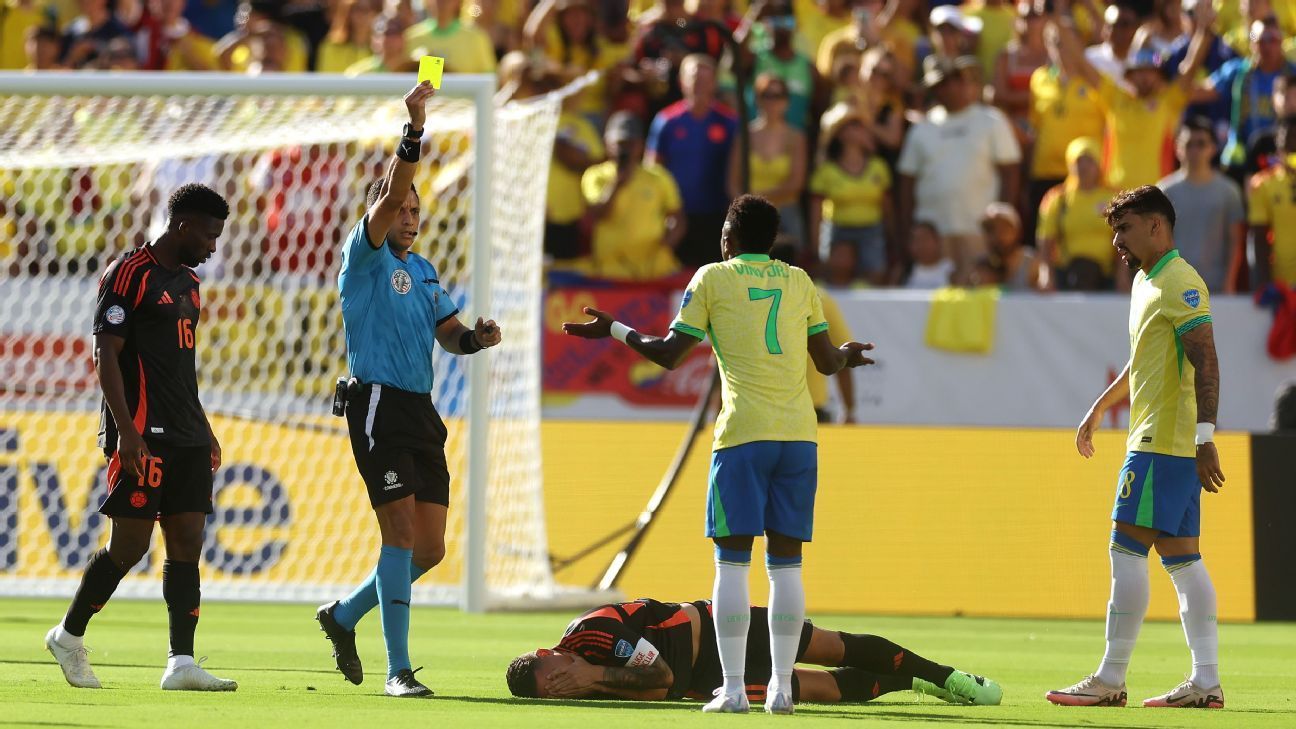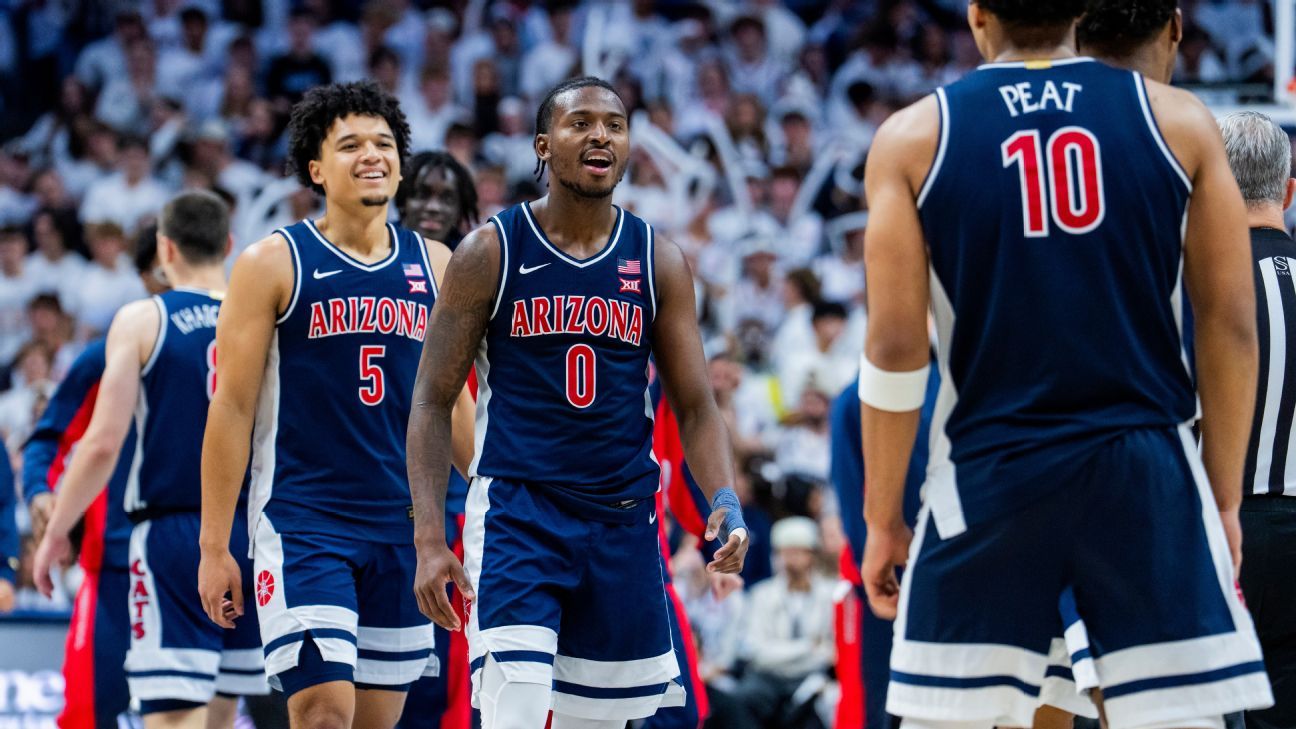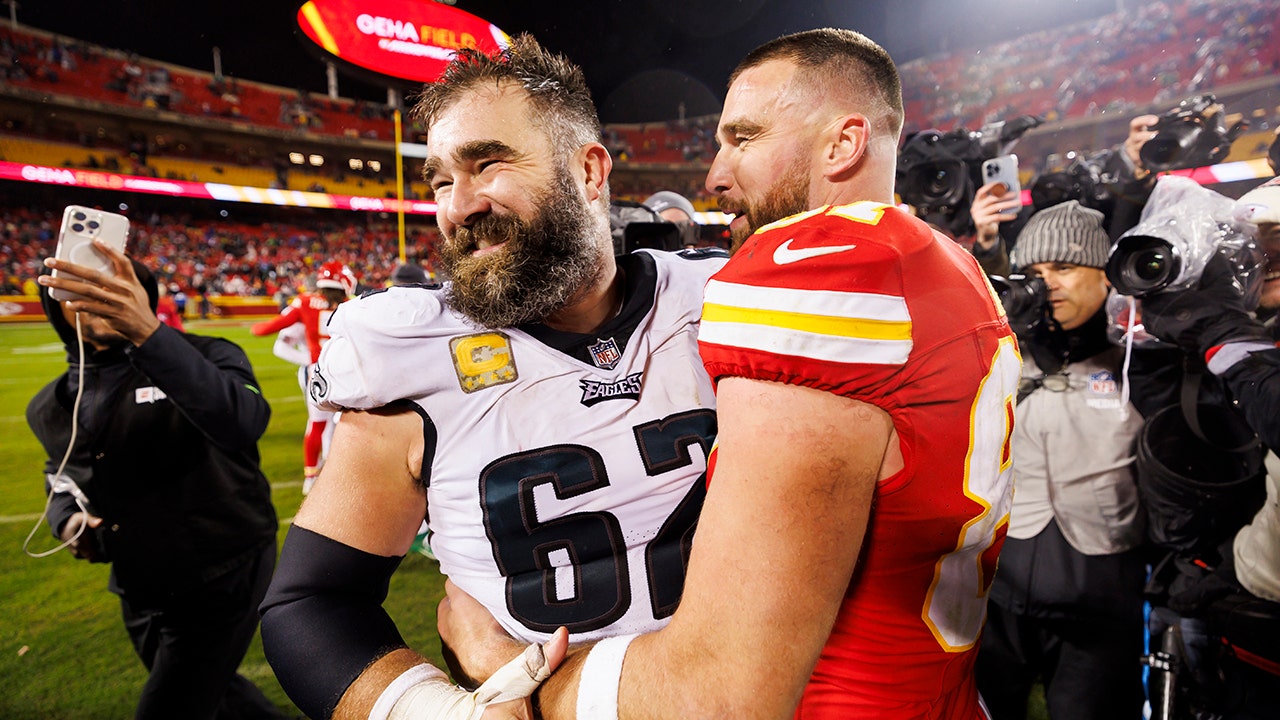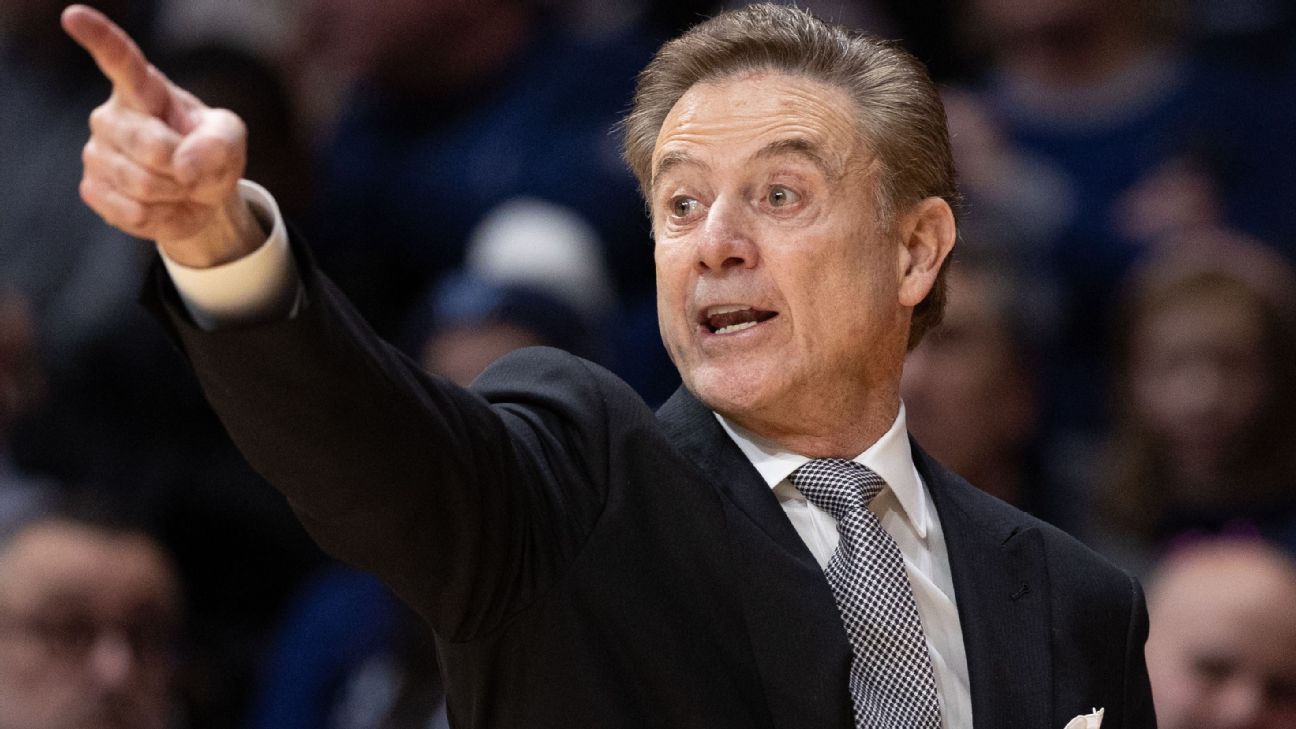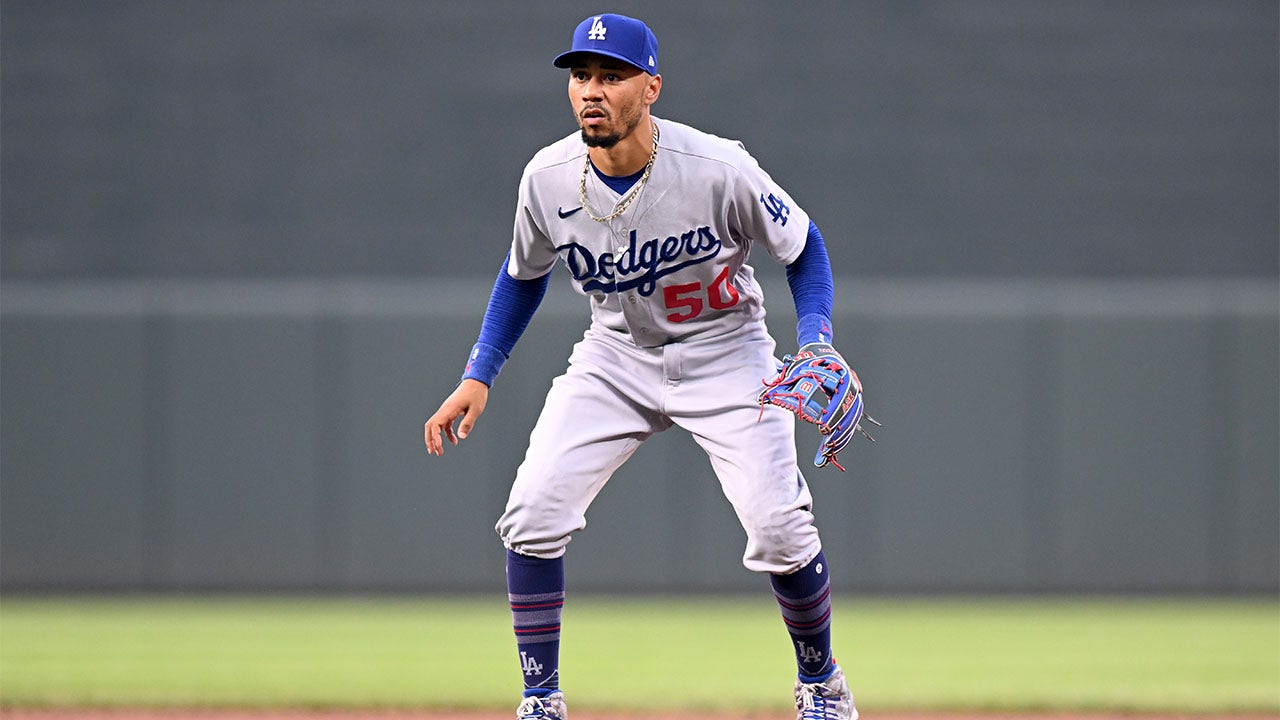Buoyed by their loyal visiting fans, Colombia were the better team in Tuesday's 1-1 draw against Brazil that closes the Copa America group stage. Seleçao They almost took the win at the end, when Andreas Pereira shot from the edge of the area and goalkeeper Camilo Vargas cleared over the area. But it would have been an injustice.
Under the warm Santa Clara sun, this was a match that was always going to generate plenty of heat along with moments of light. A rivalry has developed between these two teams that, in front of a packed stadium, was likely to boil over. Colombia entered the field with their place in the quarter-finals assured and, barring a mathematical miracle, so did Brazil. There was a clear reason to take the foot off the accelerator and rest key players, especially those who were one yellow card away from suspension.
It was a case of neither nation holding anything back. Both teams held nothing back, and Colombia will go into the quarterfinals without key midfielder Jefferson Lerma. Brazil, however, came out worse off. They will be without Vinícius Júnior. And, with Colombia leading the group after a 1-1 draw, they will face Panama, the surprise team of the Cup. Brazil, meanwhile, will face the far more dangerous Uruguay. And, with the Brazilian players having to endure prolonged chants of “olé” from Colombia fans in the second half as their team caressed the ball around the field, an obvious question arises: Was it all worth it?
Uruguay have an extra day of rest before Saturday's quarter-final. In retrospect, would it have been better for Brazil to rest their key players, especially those who received a yellow card, and keep the powder dry for Marcelo Bielsa's Uruguay?
The silver lining was that Brazil scored their first goal directly from a free-kick since Phillippe Coutinho’s opener against South Korea in November 2019. And they almost got a second. After giving his side an early lead with a superb shot over the defensive wall, Raphinha came close to adding a second after the interval, sending a cross just wide. And, predictably, he and Vinicius on the flanks caused plenty of problems for the Colombian full-backs. Vinicius was probably unlucky not to win a penalty from Daniel Muñoz when the score was still 1-0, but there was not enough of the end product. There are times when the lack of a true centre-forward is a problem. And credit must be given to the cover of the Colombian centre-backs, especially the much-criticised Davinson Sánchez, whose pace was important when Vinicius cut inside.
But Brazil's main problem was in midfield. The need to protect veteran right-back Danilo against the fire and skill of Luis Diaz was understandable, and so Joao Gomes came in to help. But this left James Rodriguez with too much space and he roamed around the pitch finding little pockets from which to dictate play.
His set-pieces were also a constant threat. He grazed the bar with an early free-kick, crossed for a goal from Sanchez that was ruled out for offside and continually found ways to trouble the Brazilian defence. Colombia were wasting chances and already deserved to draw when Rodriguez helped create the equaliser just before the break, passing inside for John Cordoba to play the pivot role, turning and eluding Munoz to burst through and beat Alisson Becker.
Lucas Paquetá may have been at fault for not following through on the run, and was taken off at the interval. But things got worse without him. His replacement Pereira struggled to keep up with the tempo of the game and, apart from that late finish, was barely noticeable. In the second half, Brazil were unable to advance up the field with passes and Colombia took control. They should have taken the lead, and the clearest chance came when Díaz set up substitute Rafael Santos Borre, who fired over the empty net. Later in the competition, perhaps even in a semi-final against Brazil, Colombia may be punished for its problems converting chances into goals.
Brazil, meanwhile, will have to endure criticism from its own media. In a game it needed to win if it was to avoid Uruguay, coach Dorival Junior waited until the 86th minute to introduce striker Endrick. And now, with aching limbs and probably some more doubts about its ability to go all the way in this competition, it heads to Arizona for a penalty shootout against Uruguay.
Some consolation. The bottom five in South America’s World Cup qualifiers have all changed coaches since the competition began in September. After a surprisingly poor 2023, Brazil is among them. The other four – Paraguay, Chile, Bolivia and Peru – have shown no improvement. They have all been eliminated from the Cup, without a win between them and barely a goal. Brazil, however, are unbeaten and still in contention. They will have to scale Everest the hard way if they are to win this Cup, but at least amid some flashes of talent against Colombia they showed plenty of fighting spirit.

